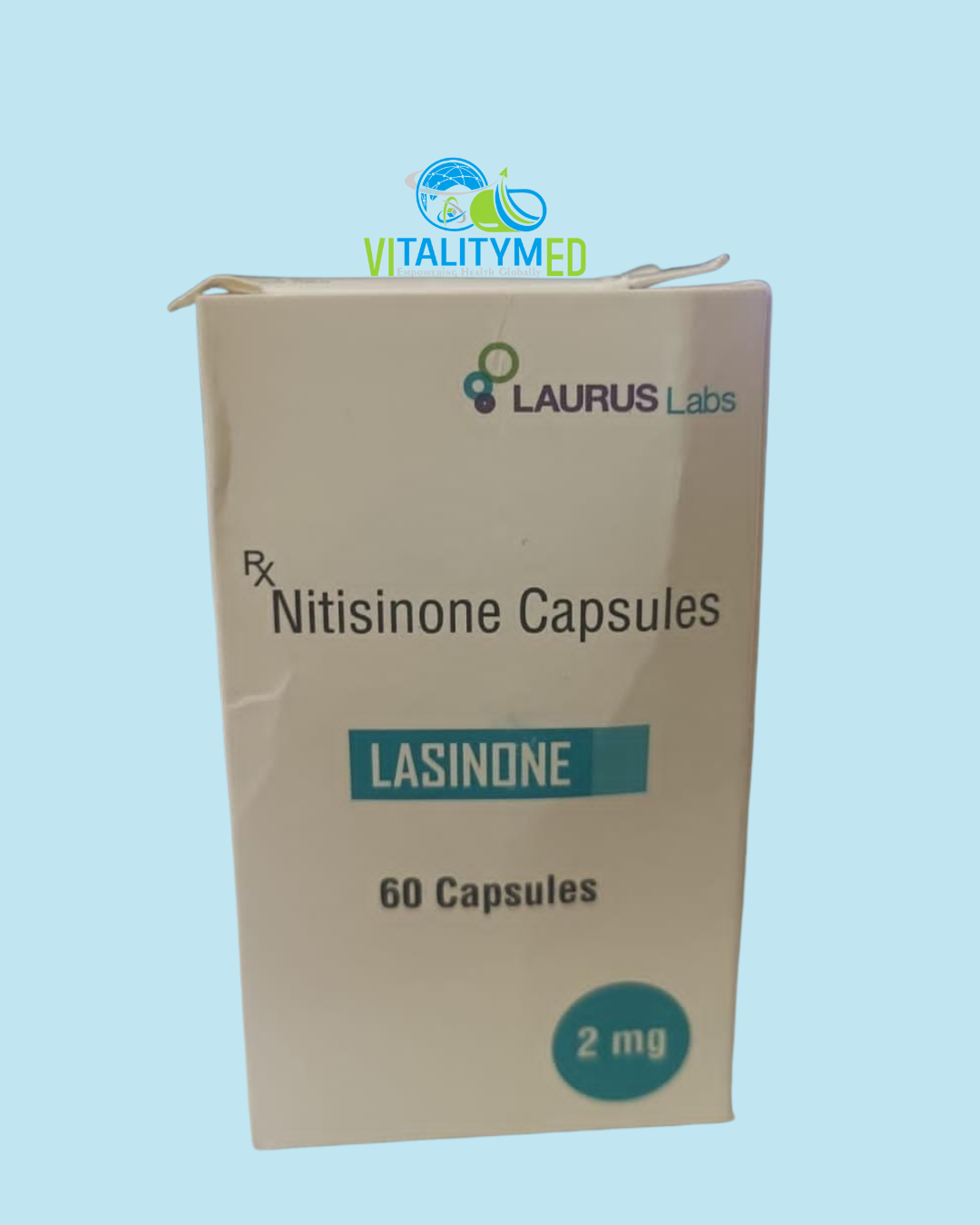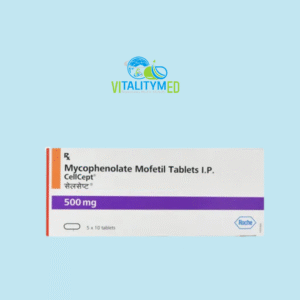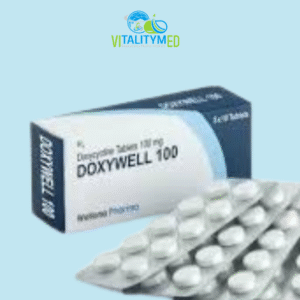Lasindine contains nitisinone, a specialized medication used in the treatment of rare metabolic disorders. It is most notably used in hereditary tyrosinemia type 1 (HT-1) and has also been explored for alkaptonuria. These are rare conditions where the body cannot properly break down the amino acid tyrosine, leading to the accumulation of toxic byproducts. Nitisinone helps prevent the buildup of these harmful substances and can significantly improve quality of life when used correctly.
Mechanism of Action
Nitisinone works by inhibiting the enzyme 4-hydroxyphenylpyruvate dioxygenase (HPPD). This enzyme is part of the tyrosine degradation pathway. In patients with HT-1, the breakdown process is blocked further down the chain, leading to the formation of toxic substances that damage the liver, kidneys, and nervous system.
By blocking HPPD early in the pathway, nitisinone prevents the formation of these toxic byproducts. As a result, it reduces the risk of liver failure, kidney dysfunction, and even certain cancers associated with untreated HT-1.
Uses
Lasindine is prescribed for:
-
Hereditary Tyrosinemia Type 1 (HT-1): A rare genetic disorder where nitisinone reduces liver and kidney damage by preventing toxic metabolite accumulation
-
Alkaptonuria: Another rare condition where buildup of homogentisic acid leads to joint and tissue damage; nitisinone helps reduce this buildup, though its use here is still being studied and monitored
Adverse Effects
Though often well tolerated, nitisinone requires careful monitoring, particularly of tyrosine levels in the blood.Common side effects may include:
-
Elevated blood tyrosine levels, which can lead to eye problems like corneal crystals, redness, or discomfort
-
Skin issues, such as dryness, itching, or sensitivity
-
Gastrointestinal symptoms, like nausea or decreased appetite
Serious or long-term side effects can include:
-
Ocular toxicity, particularly if dietary control is poor
-
Developmental delays or cognitive effects, especially in children, if tyrosine levels remain uncontrolled
-
Liver or kidney monitoring issues, though these are typically related to the underlying condition rather than the drug itself
-
-






